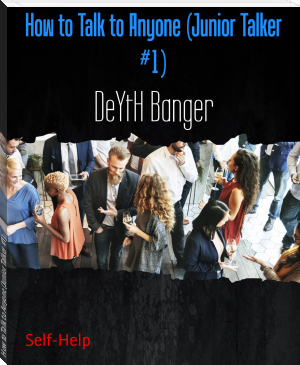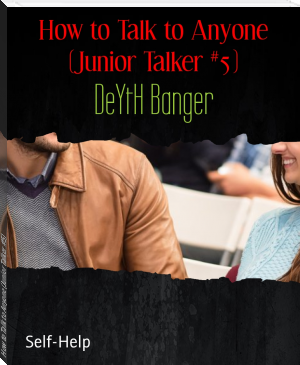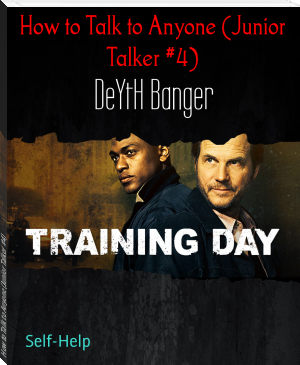How to Talk to Anyone (Junior Talker #1) by DeYtH Banger (phonics readers .txt) 📕

- Author: DeYtH Banger
Book online «How to Talk to Anyone (Junior Talker #1) by DeYtH Banger (phonics readers .txt) 📕». Author DeYtH Banger
We want to do something like:
Free e-book «How to Talk to Anyone (Junior Talker #1) by DeYtH Banger (phonics readers .txt) 📕» - read online now
Similar e-books:





Comments (0)